 |
 |
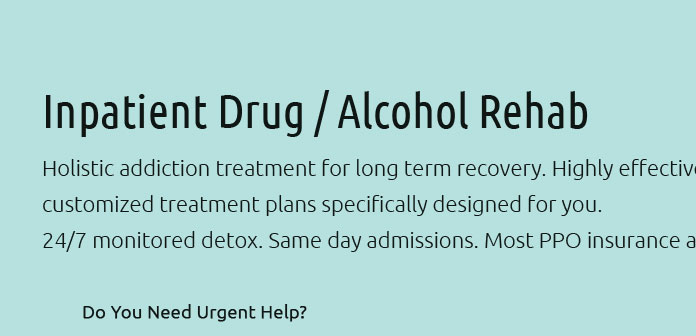 |
 |
 |
 |
||
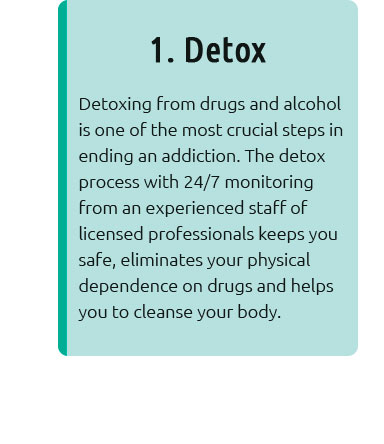 |
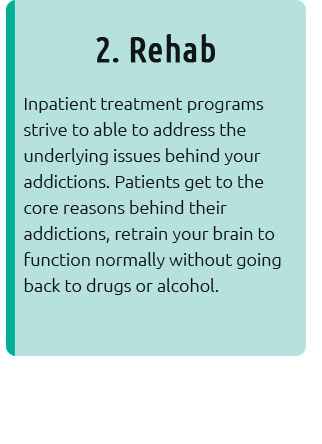 |
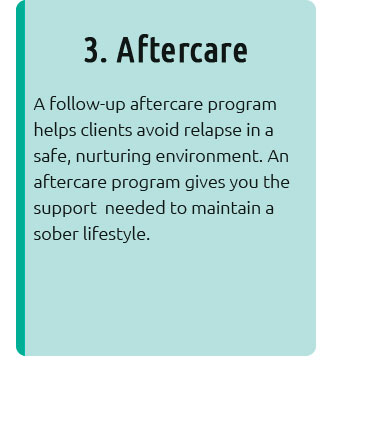 |
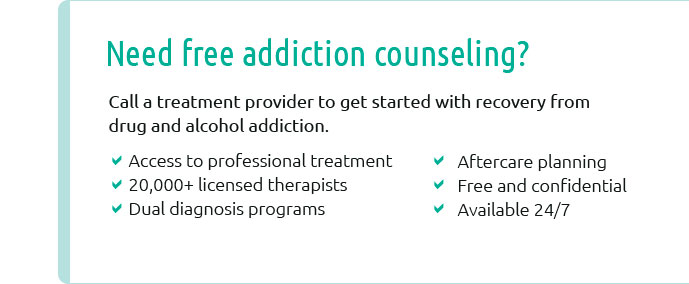 |
 |
 |
 |
||
 |
||
 |
||
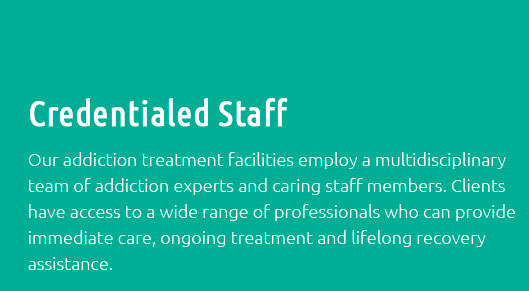 |
 |
 |
|
 |
|
|
Welcome to a transformative journey at our inpatient drug and alcohol rehab, where opiate rehab centers redefine recovery with unwavering commitment and unparalleled expertise; here, we don't just treat addiction-we empower individuals to reclaim their lives, break free from the chains of dependency, and step confidently into a future filled with hope and possibility; experience a sanctuary of healing where every moment is dedicated to your recovery, supported by a team of compassionate professionals who understand the complexities of addiction and are devoted to guiding you towards lasting change-because you deserve more than just a second chance; you deserve a life that's truly yours.
https://www.harmonyrecoverygroup.com/locations/georgia/atlanta/
Discover transformative recovery at one of our rehab centers near Atlanta, Georgia, specializing in comprehensive care for drug and alcohol addiction as ... https://georgiaaddictiontreatmentcenter.com/substance-abuse-programs/opioids/
Visit us here to learn about the opioid rehab program at Georgia Addiction Treatment Center. Our team is ready to help you reach your recovery goals. https://southeastaddiction.com/
Southeast Addiction Georgia is a drug & alcohol rehab center in Atlanta offering addiction & mental health treatment to those in need.
|